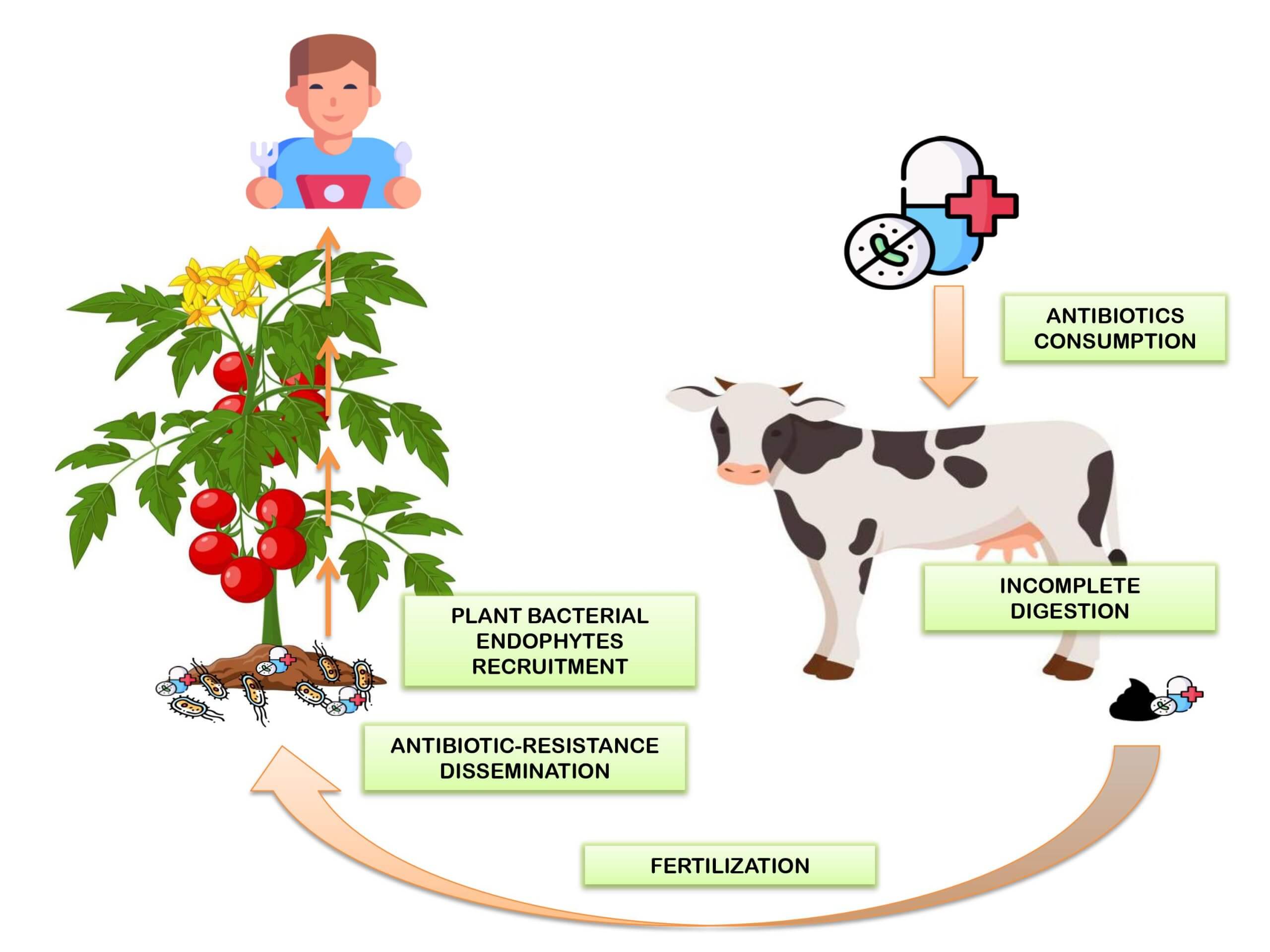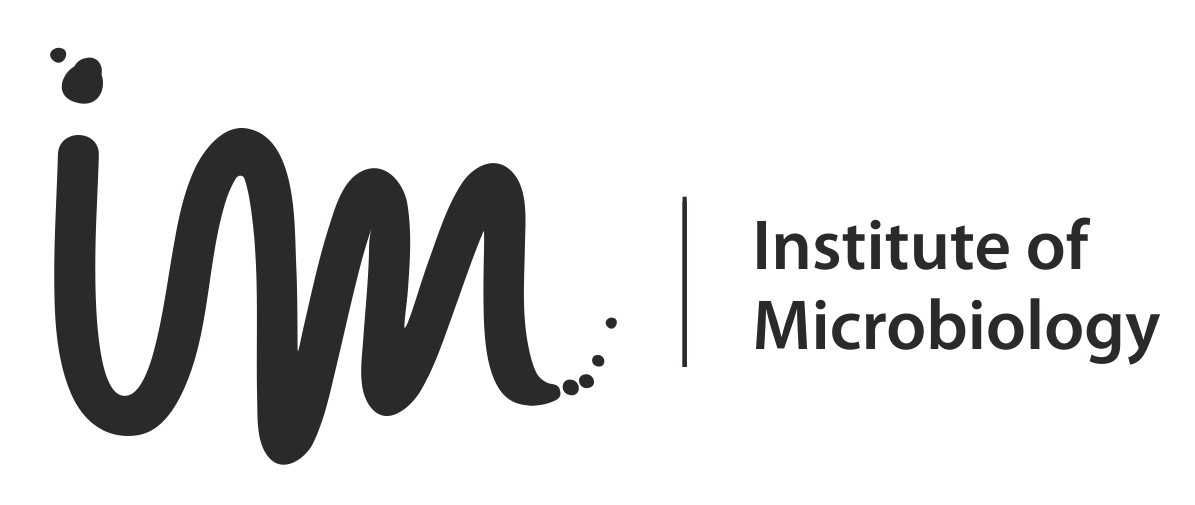Endophytes and antibiotic-resistance

08 05 2024
Category: IM Seminar
We would like to invite you to the institute seminar: on Monday 13th of May at 2 pm in 102B room, MSc Aleksandra Załęska from the Department of Bacterial Physiology will give a seminar entitled „ Plant bacterial endophytes as an important antibiotic-resistance dissemination vector ”.
Abstract
The phenomenon of antibiotic resistance and its spread in the natural environment is an emergent problem affecting society around the world. The source of this problem is the large-scale use of antibiotics in medicine and veterinary. The significant amount of antibiotics are consumed by food-producing animals susceptible to numerous bacterial diseases. Antibiotics undergo incomplete digestion and are excreted with manure and urine. Natural fertilizers widely used in agricultural therefore contain antibiotics and their residues which can be taken up from soil by plants. This may exert long-term pressure to facilitate drug resistance and spread across plant resistome which includes plant bacterial endophytes inhabit plant tissues and may directly affect consumers’ health. The aim of the study is to determinate differences between microbiomes and resistomes of beetroot, spinach, and tomato, grown on soil with and without fertilization with cattle manure; determinate susceptibility profiles and antibiotic resistance mechanisms in endophytes isolated from plants growing on fertilized and unfertilized soil and analyze dissemination of isolated plant endophytes within host tissue after soil fertilization with cattle manure in a vegetable-dependent pattern.
